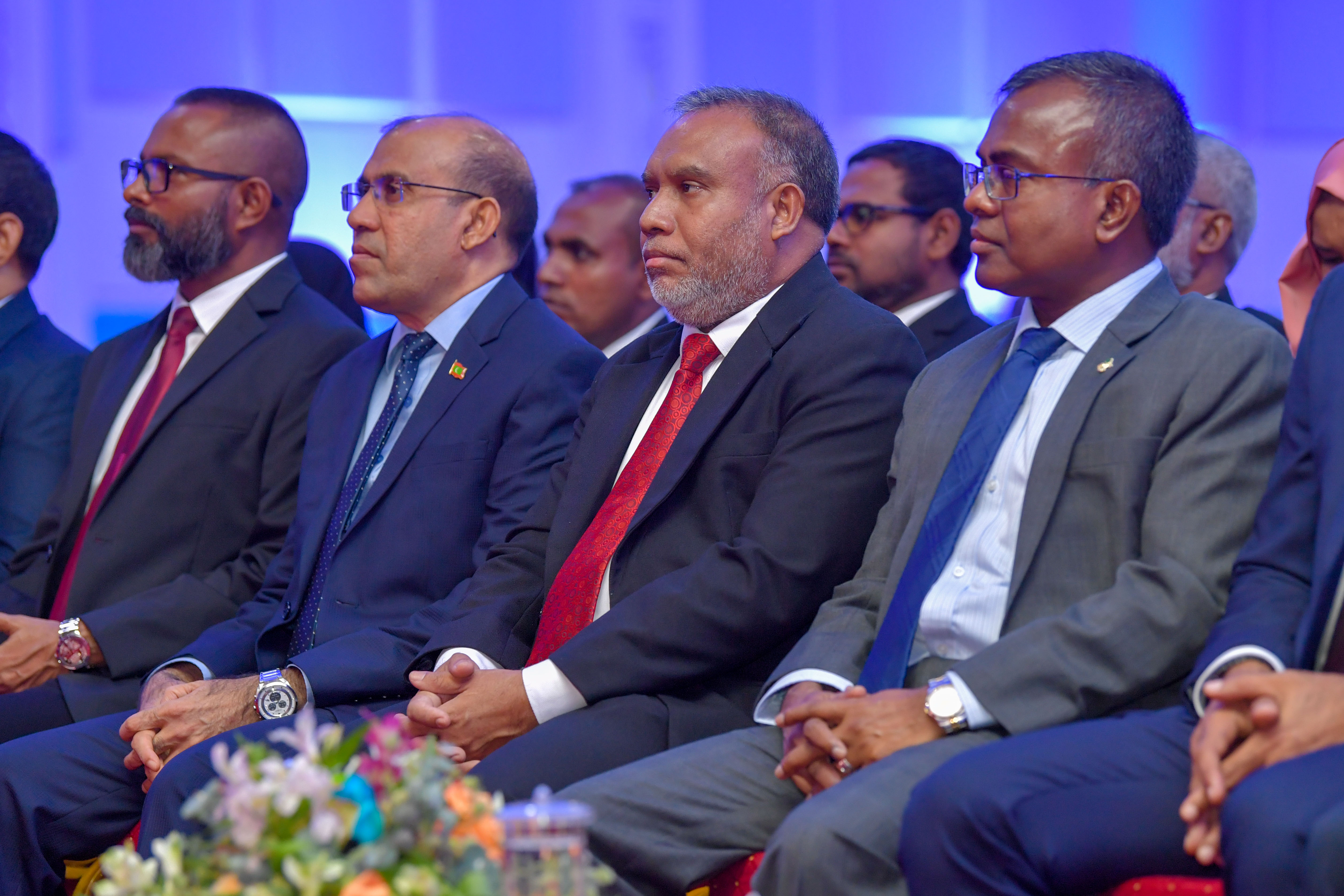Supreme Court justices face censure for taking over case
The case was before the civil court.

24 Jul 2019, 09:00
Three Supreme Court justices were investigated by the judicial watchdog for taking over a case from a trial court, Speaker Mohamed Nasheed revealed on Tuesday.
A committee of the Judicial Service Commission that probed complaints recommended advising Chief Justice Dr Ahmed Abdulla Didi, Justice Adam Mohamed Abdulla and Justice Abdulla Areef.
The oversight body did not disclose the nature of the complaints. But Nasheed – who is a JSC member by virtue of office – revealed at the start of Tuesday’s sitting of parliament that it involved the justices taking over a case that was ongoing at a court of first instance.
The controversial practice of taking over cases under “supervisory jurisdiction” contravenes a core constitutional principle, which guarantees the right to appeal lower court decisions at both the High Court and Supreme Court, Nasheed said.
Become a member
Get full access to our archive and personalise your experience.
Already a member?
Discussion
No comments yet. Be the first to share your thoughts!
No comments yet. Be the first to join the conversation!
Join the Conversation
Sign in to share your thoughts under an alias and take part in the discussion. Independent journalism thrives on open, respectful debate — your voice matters.




